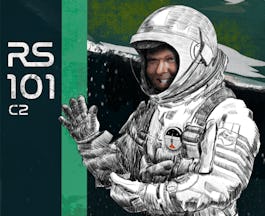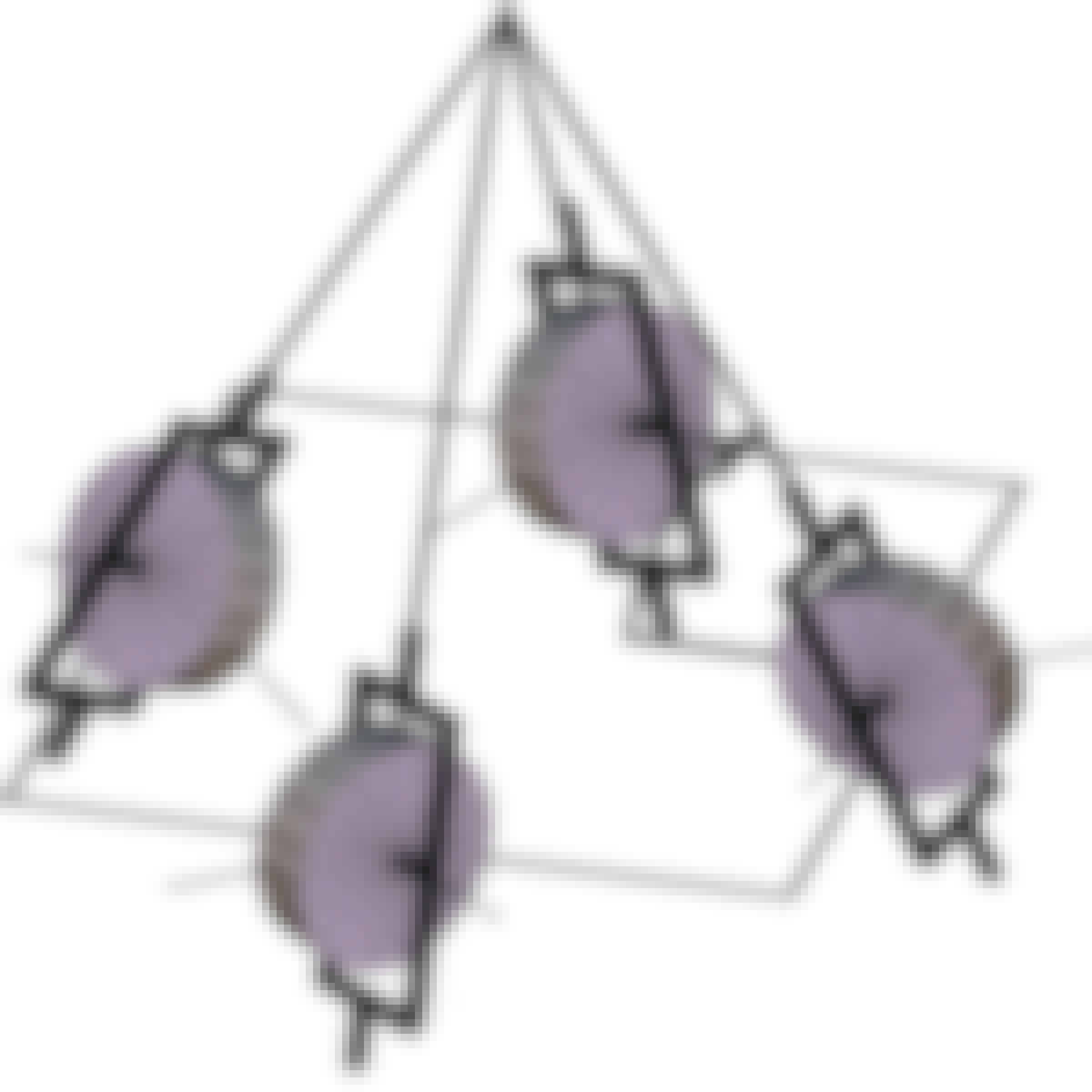Filter by
The language used throughout the course, in both instruction and assessments.
Explore the Mechanics Course Catalog


University of Michigan
Skills you'll gain: Manufacturing and Production, International Relations, Social Studies, Political Sciences, Emerging Technologies, Timelines, Physics, Innovation, Mechanics, Science and Research


Dartmouth College
Skills you'll gain: Scientific Methods, Science and Research, Physics, Physical Science, Experimentation, Research, Mechanics, Deductive Reasoning


L&T EduTech
Skills you'll gain: Hydraulics, Engineering Analysis, Engineering Calculations, Mechanical Engineering, Process Analysis, Mathematical Modeling, Safety Assurance


University of Colorado Boulder
Skills you'll gain: Power Electronics, Torque (Physics), Electronic Components, Three-Phase, Basic Electrical Systems, Wire Harnesses, Electrical Engineering, Wiring Diagram, Electronic Systems, Engineering Calculations, Low Voltage, High Voltage, Machine Controls, Semiconductors, Engineering, Mechanical Engineering, Thermal Management, Mechanics, Design Specifications, Technical Standard
 Status: Free
Status: Free
The Hong Kong University of Science and Technology
Skills you'll gain: Civil Engineering, Structural Analysis, Structural Engineering, Land Management, Failure Analysis, Engineering Analysis, Environmental Resource Management, Risk Control, Geospatial Information and Technology, Physical Science, Mechanics, Augmented and Virtual Reality (AR/VR)


University of California, Davis
Skills you'll gain: Process Control, Safety Assurance, Process Engineering, Health And Safety Standards, Failure Analysis, Engineering Analysis, Engineering Calculations, Risk Analysis, Mathematical Modeling, Estimation, Mechanics, Applied Mathematics


L&T EduTech
Skills you'll gain: Internet Of Things, Robotic Process Automation, Automation, Image Analysis, Industrial Engineering, Computer Vision, Equipment Design, Embedded Software, Engineering, Manufacturing and Production, Program Development, Computer Programming, Technical Design, Mechanical Design, Mechanics, Mechanical Engineering, Process Control, Computer Science, Electronic Components


University of Colorado Boulder
Skills you'll gain: Vibrations, Simulation and Simulation Software, Mechanics, Process Control, Torque (Physics), Engineering Analysis, Finite Element Methods, Mechanical Engineering, Simulations, Angular, Numerical Analysis, Engineering Calculations, Differential Equations, Mathematical Modeling, Applied Mathematics, Advanced Mathematics, Linear Algebra, Calculus


Arizona State University
Skills you'll gain: Failure Analysis, Semiconductors, Structural Analysis, Mechanical Engineering, Engineering, Manufacturing Processes, Mechanics, Product Testing, Engineering Calculations
 Status: Free
Status: Free
Politecnico di Milano
Skills you'll gain: Physics, Experimentation, Electrical Engineering, Basic Electrical Systems, Scientific Methods, Science and Research, Physical Science, General Science and Research, Mechanics, Electronic Systems, Engineering Calculations, Mathematical Modeling, Applied Mathematics, Scientific Visualization


University of Colorado Boulder
Skills you'll gain: Simulation and Simulation Software, Vibrations, Process Control, Simulations, Mechanics, Angular, Engineering Calculations, Engineering Analysis, Torque (Physics), Mechanical Engineering, Mathematical Modeling, Advanced Mathematics, Linear Algebra, Differential Equations, Applied Mathematics, Calculus


Rice University
Skills you'll gain: Mechanics, Physics, Vibrations, Engineering Analysis, Advanced Mathematics, Mathematical Modeling, Differential Equations, Calculus, Trigonometry, Applied Mathematics
In summary, here are 10 of our most popular mechanics courses
- The History of Rocket Science: University of Michigan
- Question Reality: Cosmos: Dartmouth College
- Single-Phase Pipe Hydraulics and Pipe Sizing: L&T EduTech
- Electric Vehicle Sensors: University of Colorado Boulder
- Slope Engineering: The Hong Kong University of Science and Technology
- Predictive Models for Toxic Chemical Releases: University of California, Davis
- Robotics Engineering & Applications: L&T EduTech
- Advanced Spacecraft Dynamics and Control: University of Colorado Boulder
- Crystal Structures and Properties of Metals: Arizona State University
- Introduzione alla fisica sperimentale: elettromagnetismo, ottica, fisica moderna: Politecnico di Milano










